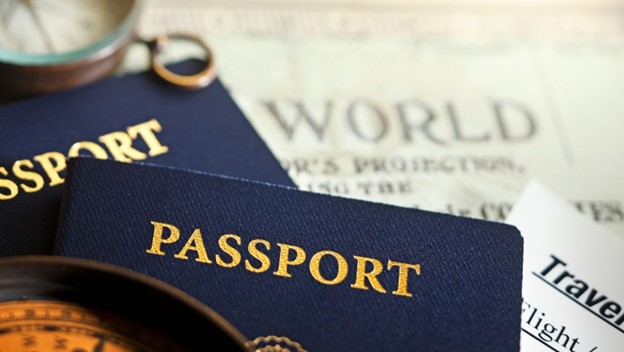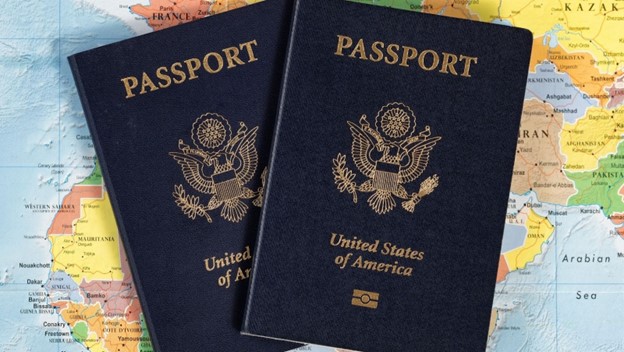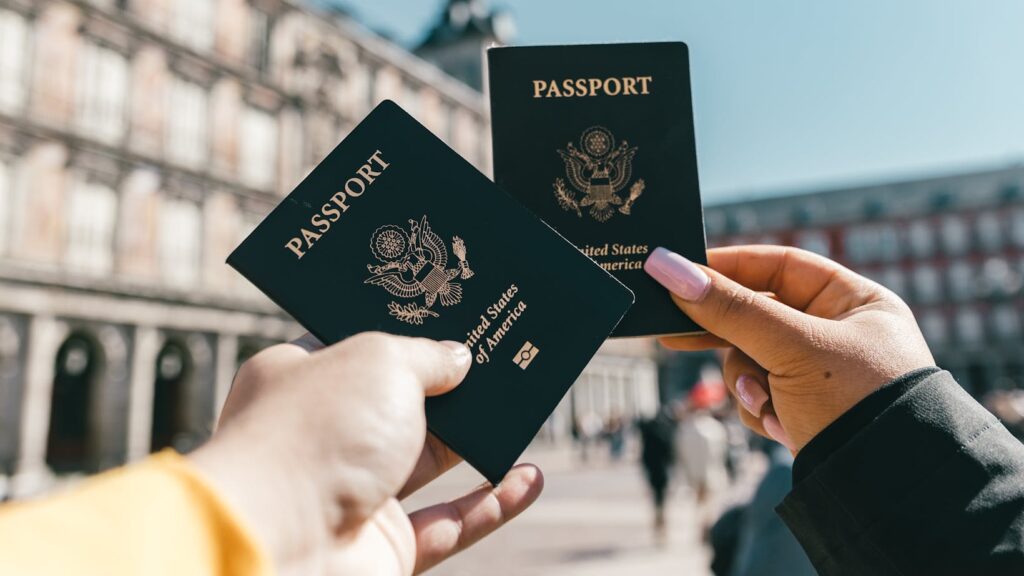In the age of digitalization, maintaining a record of your travel history isn’t as daunting as it once was. If you’ve ever wondered, “how can I check my passport travel history?” you’re not alone. This article aims to guide you through the process, providing clear, step-by-step instructions.
Whether it’s for visa applications, personal record keeping, or just out of curiosity, checking your passport travel history is a practical skill to have. We’ll demystify the process, making it easy and accessible for everyone. So, let’s embark on this journey together, unraveling the secrets of your passport’s past.
How to Check My Passport Travel History

There exist three reliable methods for obtaining a record of your passport travel history: direct governmental agency request, airline request, and the use of technology.
Direct Governmental Agency Request
A common method involves submitting a formal request to the governmental agency responsible for immigration and passport services. It’s a legal right in many countries. For example, the United States offers Freedom of Information Act (FOIA) services.
Airline Request
Another effective method is reaching out to the airlines. They keep detailed passenger travel records. But remember, airlines’ privacy policies can put a limit to the extent of data they can share.
Use of Technology
Lastly, a modern-day method entails using technology based services. Several smartphone apps and websites provide easy access to travel history records. They, however, rely on links to airline databases or self-input of data.
Remember, these methods can differ in time taken and complexity, based on the country’s laws and policies. Choose the one most convenient to your requirements.
Understanding Passport Travel History
Passport travel history documents every international crossing of an individual. Stored primarily in electronic databases owned by governmental agencies, they’re essential for law enforcement, immigration services, and national security. Advances in technology, like smartphone apps and websites, provide a more accessible route to this data. They consolidate information from airline databases or user-inputted details, expediting the retrieval process.
Recognizing the retrieval methods is vital. Requesting information from governmental agencies, such as using the Freedom of Information Act (FOIA) in the U.S, constitutes direct retrieval. Alternatively, contacting airlines for passenger travel records offers an indirect method, though privacy policies can restrict information access. Leveraging technology-based services presents a streamlined choice. As the time and complexity of these methods hinge on country laws and policies, opting for the most convenient route is advised.
Reasons to Keep Track of Your Travel History
 Preserving travel history offers numerous benefits. Firstly, it enables accurate details submission during visa applications. For instance, the US Visa application necessitates a comprehensive five-year travel history. Secondly, it aids in tax calculations. Those residing overseas, like expats, often require strong evidence of their whereabouts for tax purposes. For instance, the IRS in the US uses the Physical Presence Test where proof of spending less than 330 days in the country helps expats qualify for the Foreign Earned Income Exclusion. Thirdly, it helps in re-entry into certain countries. As an example, Australian residents returning from overseas might require detailed travel records to satisfy the ‘Residency Test’ for tax purposes. Lastly, travel history tracking assists in maintaining information security by providing a reference point against unauthorized use of personal data, like passport fraud. For example, detecting disparities between personal records and official data help identify fraud.
Preserving travel history offers numerous benefits. Firstly, it enables accurate details submission during visa applications. For instance, the US Visa application necessitates a comprehensive five-year travel history. Secondly, it aids in tax calculations. Those residing overseas, like expats, often require strong evidence of their whereabouts for tax purposes. For instance, the IRS in the US uses the Physical Presence Test where proof of spending less than 330 days in the country helps expats qualify for the Foreign Earned Income Exclusion. Thirdly, it helps in re-entry into certain countries. As an example, Australian residents returning from overseas might require detailed travel records to satisfy the ‘Residency Test’ for tax purposes. Lastly, travel history tracking assists in maintaining information security by providing a reference point against unauthorized use of personal data, like passport fraud. For example, detecting disparities between personal records and official data help identify fraud.
Dealing With Inaccuracies in Your Travel History
So, you’ve learned the ropes of checking your passport travel history. It’s now clear how this knowledge can be a powerful tool in your hands. It can aid in visa applications, help expats with tax calculations, meet re-entry requirements, and even protect against fraud. But what if you spot inaccuracies in your travel records? Don’t worry. Most governments have procedures in place to correct any errors. Remember, it’s your responsibility to ensure the accuracy of your travel history. So, stay informed, stay vigilant, and keep exploring!

